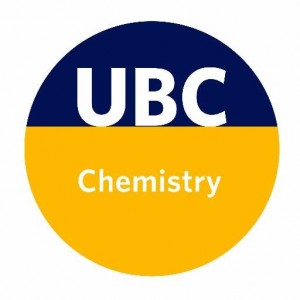I was invited to attend the NSF-funded TRESTLE annual meeting, which took place last week at the University of Kansas. TRESTLE (TRansforming Education, Stimulating Teaching and Learning Excellence) is is a multi-institution, NSF-funded project for improving STEM education through discipline-based education experts and other models. Gülnur Birol and Warren Code of Skylight lead UBC’s involvement in the network. UBC’s main role in the project is to act as a mentor institution, sharing the lessons learned from the Carl Wieman Science Education Initiative (CWSEI). TRESTLE is affiliated with the Bay View Alliance, of which UBC is also a member.
I presented the Chemistry 233 Choice Project at a round-table teaching demonstration (thanks to Jane Maxwell for helping me design this assignment). As I anticipated, the group was somewhat interested in my assignment and VERY interested in the ComPAIR software I use for peer review.
My very brief reflections and “take-aways” are:
- The existence of TRESTLE and other networks is an indication that the rate of transformation of higher education STEM courses and departments is increasing. Momentum is building!
- There are several models for STEM course transformation. Three common models are: 1) Discipline-based experts (PhDs in the STEM discipline with training in how people learn and course design/assessment work with faculty as catalysts for change – the model used by the CWSEI 2) Faculty members from Education units partner with STEM faculty, and may work with graduate students to carry out course transformations – a model working well at UTSA, and 3) Teaching-focussed permanent faculty members drive course transformations in their departments – this is the model adopted by UC Davis. My epiphany at the meeting was that there are several models for course transformation, and if a model doesn’t appeal to a particular department or isn’t working, maybe we should consider switching models instead of trying to convince faculty members to work within the model that isn’t easily adopted.
- I spend a lot of time thinking about theories of learning, but hardly any time thinking about theories of pedagogy. It was a pleasure to meet Joan Middendorf from Indiana University and discuss the pedagogical theory she has developed with her colleagues, Decoding the Disciplines. I am eager to read her new book, Overcoming Student Learning Bottlenecks.
- A fellow workshop participant identified as a “warm demander” and we had an interesting discussion about how this concept has helped her balance her desire to be supportive and also have high expectations for students.
- KU has developed a rubric to evaluate teaching effectiveness in a project led by Andrea Greenhoot and funded by NSF. This rubric looks very useful for formative and summative reviews of teaching at UBC.
I am looking forward to seeing more encouraging results from TRESTLE-supported course transformations!
